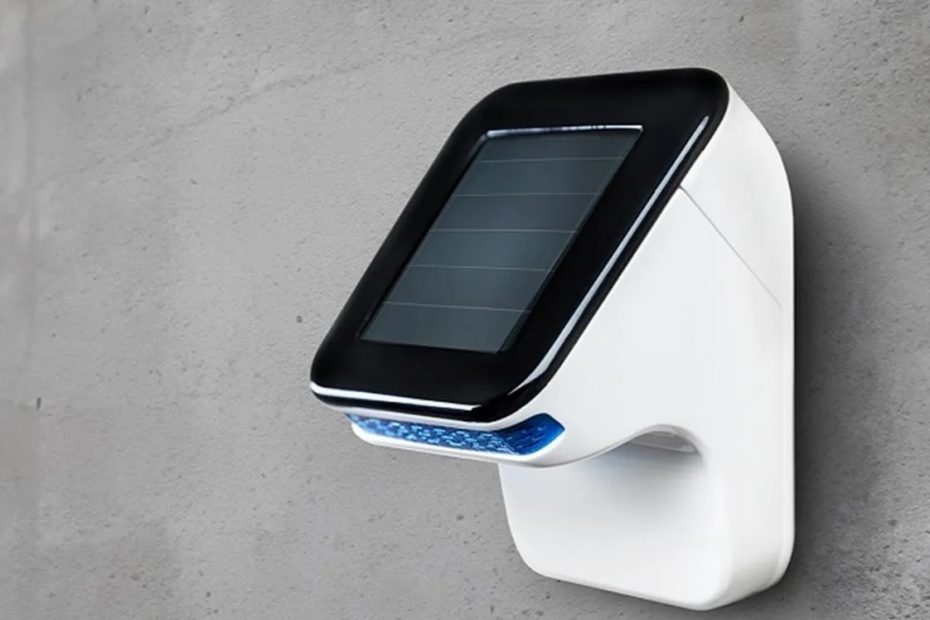An air quality monitor that checks for dangerous levels of carbon dioxide, and that can run continuously on clean energy from indoor light – with no need even to change batteries – has been invented by a company set up by Swansea University researchers.
Air quality has become a major global concern, given the COVID pandemic and the massive impact of air pollution on health. The new monitor – called the AIR-sense-IQ – can be an indispensable tool in helping organisations safeguard people’s health, while also reducing their energy footprint.
The monitor measures carbon dioxide (CO2), providing live air quality readings via an advanced sensor. The device alerts when CO2 levels become elevated.
CO2 is naturally present in the air at low levels. But at higher concentrations it can cause ill health or even death. This is why it is classed as a hazardous substance. If safe limits are exceeded, employers must take action to reduce concentrations to a safe level.
A new company called Reef-IOT, which is being spun out of Swansea University, is behind the new invention.The company was co-founded by Matt Carnie, Professor of Materials Science at Swansea University, and Electronic Engineering PhD student, Zaid Haymoor.
Power for the monitor comes from printed solar cells which are flexible and highly efficient.Thanks to these cells, the monitor can operate even in low-light environments. They have been developed by Swedish company Epishine, which aims to capture indoor light to make electronics self-powered, making cables, disposable batteries, and unnecessary maintenance a thing of the past.
Wireless electronic devices like the new monitor, which can power themselves using indoor light harvesting, are becoming a commercial reality.
The reason is improved efficiency in two areas: the devices themselves, which require only a few micro- to milli-watts of power to perform, plus the advances in photovoltaics – solar cells – which give them excellent light absorbing qualities and significant spectral overlap with indoor light.
So the technology behind the AIR-sense-IQ could be the shape of things to come, with more self-powering electronic devices to follow. For example, tomorrow’s computer keyboard may need no batteries or cables, running entirely on clean energy from indoor light.
Professor Matt Carnie of Swansea University, who led the research, and is co-founder of Reef-IoT, said:
“We are proud to launch AIR-sense-IQ, a product that not only improves workplace air quality but also operates entirely on indoor light. We’ve created a device that is both highly efficient and environmentally friendly, making it easier for companies to prioritise employee well-being while reducing their energy footprint.”
The research that led to the new product formed part of a £6 million programme called ATIP (Application Targeted and Integrated Photovoltaics). Funded by UKRI, ATIP is led by Swansea University with academic partners at Imperial College London and the University of Oxford and supported by 12 key industrial partners. ATiP aims to advance next generation photovoltaic technologies, integrating them into applications like agri-tech, zero-carbon buildings, and “internet of things” devices through scalable, low-cost manufacturing.
Dr Silvia Villarroya Lidon, senior project manager from ATIP, said:
“The development of this new device and its market integration represent a significant achievement for the ATIP research program. The primary mission of ATIP is to provide the foundational science and engineering necessary to promote the adoption of next-generation photovoltaics in integrated applications that address clear technological needs.”
The Air-sense-IQ is expected to be available from mid-2025.
